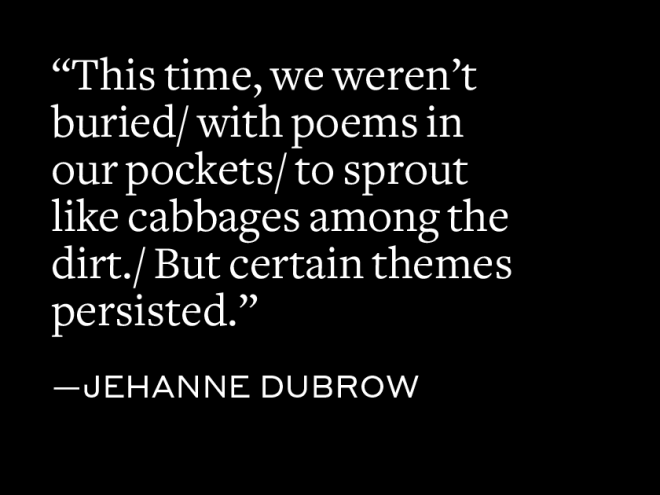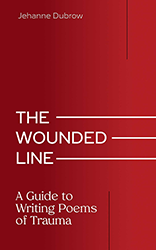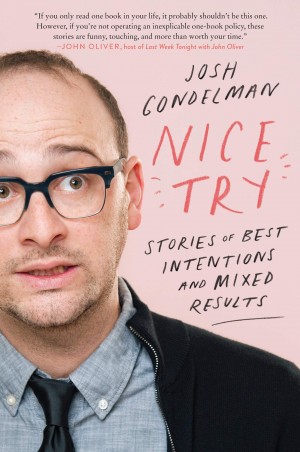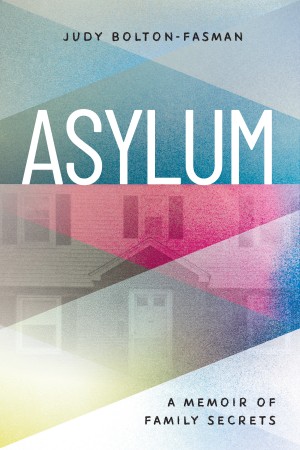Exhibitions: Essays on Art and Atrocity is a new collection by award-winning poet Jehanne Dubrow. She writes about a range of art, including Bosnian Muslim artist Mersad Berber, Polish painter Tadeusz Kantor, tintype photographs, ancient Asian ceramics, and clothing made by her grandmother. The various works Dubrow considers, and the many locations of their production, make this collection a rich discovery.
Each essay stages conversations and reflections about the ethical questions that art raises — particularly art that emerges from conflict, genocide, and war. As the daughter of working members of the US foreign service, Dubrow draws from an abundant archive of personal experience, including her time living in Zagreb, Croatia and Warsaw, Poland as a child. She also calls on her own extensive research on the Shoah, the Serbo-Croatian conflict, and the genocide in Rwanda.
Exhibitions is organized into six “galleries.” Reading the essays mimics visiting an art museum and meandering through the various rooms. Dubrow’s essays are vivid and illuminating, at times elliptical, and always poetic. In the extraordinarily moving essay “Lost Vessels,” Dubrow describes a visit to the Arthur M. Sackler Gallery, now part of the National Museum of Asian Art, and meditates on the death of her cousin from an overdose of the opioid OxyContin. “Ambivalent Things,” presented in the style of the Talmud, is full of Judaica: a kiddush cup, a mezuzah, and shabbat candlesticks. Using these objects, Dubrow reflects on her family’s ambivalence about faith, writing, “We were Jews without belief, but still believed ourselves Jews, angry at a God whose presence we doubted, our faith abandoned a generation ago, in the ghettos or at the border crossings of another continent. This menorah seemed to say, belief is rigid and piercing. It will hurt you to believe.” Off to the side, she presents an alternate commentary: “Used or not, a thing of the old world or the new, she too is made to hold the burning, to lift the light with her soldered spikes.” Paired with the equally chiseled and sublime “On the Color Matching System; Or, Marriage,” Dubrow demonstrates range and intimacy in her work.
At the core of each of these essays is a meditation on ethical questions about art and beauty. Dubrow invites readers to consider atrocity when looking at objects of beauty, and then to grapple with the complexities raised. Reading these essays against the backdrop of Israel’s war with Hamas is eerie, but Dubrow’s questions and explorations are timely. Exhibitions will interest art lovers, Jewish studies scholars, and general readers who are interested in art and enjoy the pleasures of well-crafted prose.
Julie R. Enszer is the author of four poetry collections, including Avowed, and the editor of OutWrite: The Speeches that Shaped LGBTQ Literary Culture, Fire-Rimmed Eden: Selected Poems by Lynn Lonidier, The Complete Works of Pat Parker, and Sister Love: The Letters of Audre Lorde and Pat Parker 1974 – 1989. Enszer edits and publishes Sinister Wisdom, a multicultural lesbian literary and art journal. You can read more of her work at www.JulieREnszer.com.





